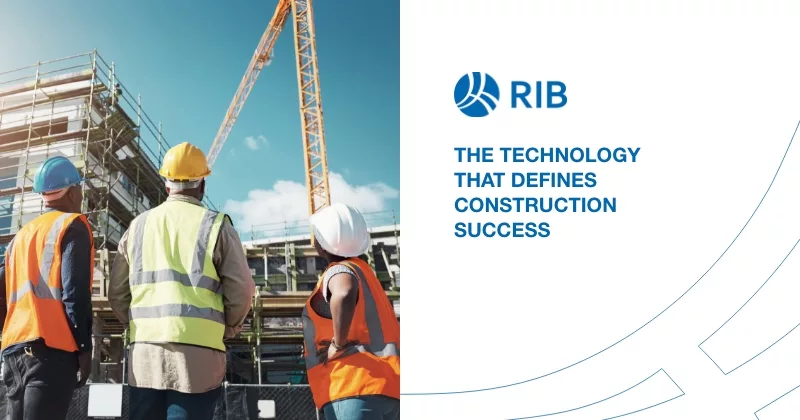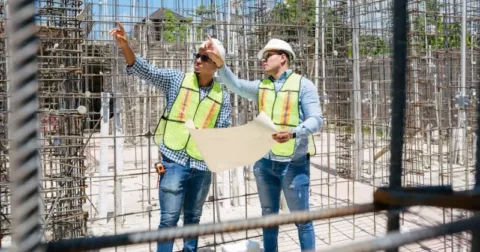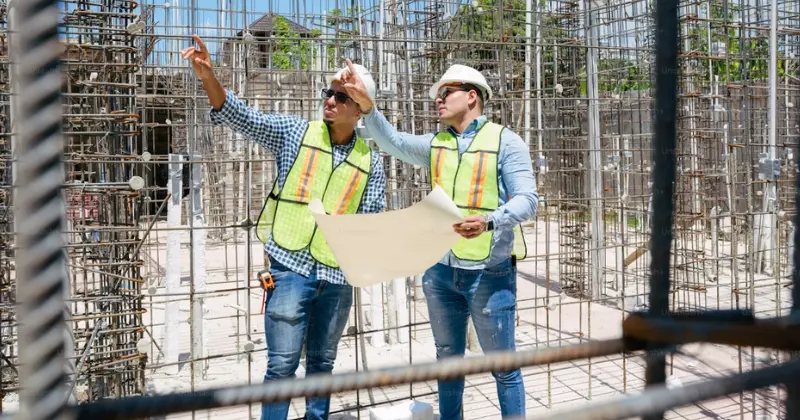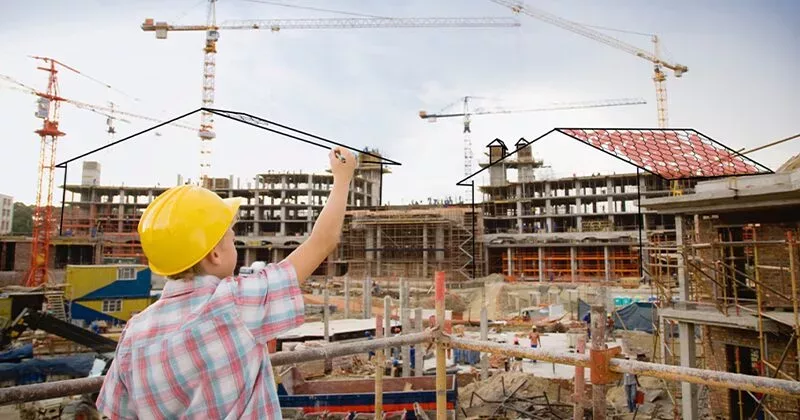10 mins read
Simplifying The Request For Quotation Process With eRFQ

29% of construction professionals don’t think that their RFQ processes are effective. Make sure that you aren’t one of them with enhanced RFQ systems.
A request for quotation procedure can require a great deal of communication and collaboration in construction projects between contractors and vendors. This can be a time-consuming operation – something that you can improve by using the right software and processes.
A good eRFQ system will help to maximize efficiency and allow you to obtain clear and accurate quotes.
What is a Request for Quotation?
A request for quotation (RFQ) is a process that takes place during the construction procurement cycle of a project, either pre-tender or post-tender. It is an exercise where the different vendors, or contractors, bid for certain activities in the project or materials required by providing quotations. The quotation is an estimation of what it should cost to perform the work required or to deliver the required material to site. These quotations consist of estimates on building materials, construction activities, or other services required for the successful execution of the project.
The contractor sending the request for quotation to the vendors will provide detailed information regarding the specific construction activities or material required including delivery time. The vendors use this information to prepare their quotations. During this process, vendors may ask for clarification or additional information to ensure their quotations are as accurate as possible. Vendors will then submit their final quotations for the required services, materials or construction activities to the requesting contractor. The contractor will compare the quotations received from the various vendors to determine who is more suitable to provide the service, materials or construction activities for the project.
During this comparison, they will evaluate each vendor based on who offered the best price, who provided the best quality, delivered on time, and conformed to the various commercial requirements of the project.
Vendors may be unable to comply with the specific request or not be able to offer a quotation at all. In this case, they would either decline to provide a quotation, provide alternative options, or only bid for the services, materials, or construction activities they can provide.
When is an RFQ Required?
The contractor will send out RFQs to procure the required services, materials, or construction activities during the tender preparation to ensure that they include the most up-to-date prices in their tender or contract execution, purchase at the lowest possible rates, stay within budget, and maximize profit.
RFQs will only be sent to trusted vendors within the internally approved contractor list with the expectation of receiving the most competitive pricing for their project. Vendors that provide competitive pricing and deliver builds better foster longer-lasting relationships with construction companies.
Using an eRFQ System
Sometimes, the procurement process can be long and complex, requiring a great deal of communication, collaboration, and negotiation. Taking an electronic approach can make this a far smoother process.
An electronic request for quotation (eRFQ) system will vastly improve the process. It can help contractors keep track of their quotes and facilitate easier communication with vendors, enabling them to achieve better outcomes compared to more traditional methods.
eRFQ is often a feature that comes with fit-for-purpose construction software to help contractors manage their projects better. It allows for the central storage of information for easier access. It also means that contractors can manage and track communications through a single platform.
This type of construction management software offers many advantages, like the tools to create multiple vendor packages to procure the services, products and construction activities, upload documentation against each of these packages, monitor if the documentation has been read by the vendor, manage communication and allow the vendor to submit his quotation via the system. This allows the contractor to achieve a more reliable cost estimation in construction projects.
This means that contractors can create their requests for quotations quickly and with more detail. In turn, this helps vendors determine whether they can meet the project’s demands.
Simplifying the RFQ Process
Simplifying the request for quotation process through digitalization can help contractors achieve the following.
- The use of standardized templates increases efficiency.
- Through an integrated database, access existing supplier information that is approved for use with the contractor organization.
- Receiving and managing quotations from suppliers also becomes easier in a digitized format.
- Contractors can issue and distribute RFQs more efficiently.
- Contractors could also use comparison features to compare subcontractors and estimates, enabling them to make better decisions and achieve better subcontractor management.
Conclusion
Simplifying the request for quotation process through the use of an eRFQ system can help construction professionals achieve greater efficiency. As the world moves into a more digital space, so should the construction industry by digitizing simple processes like RFQs.
At RIB Software, we are leading providers of construction solutions that aid from the earliest planning stages to handover and operation. Our solutions are tailored to the needs of modern construction companies looking for innovative technology to support their operations. If you are ready to build better with the help of professional software, get your free demo for RIB’s toolkit today!
Most Recent
10 mins read
11 mins read
11 mins read
10 mins read
Blog Categories

Ebook











